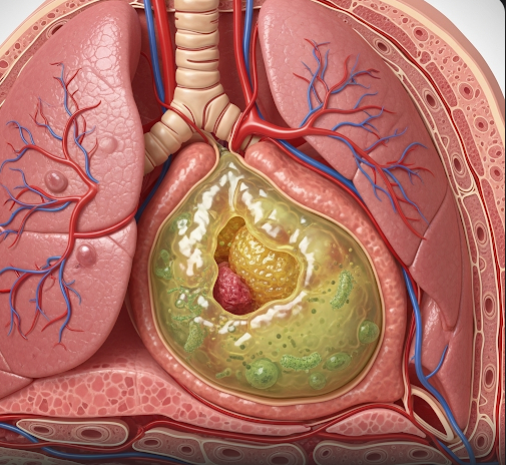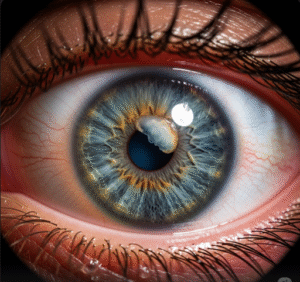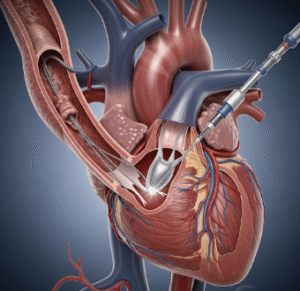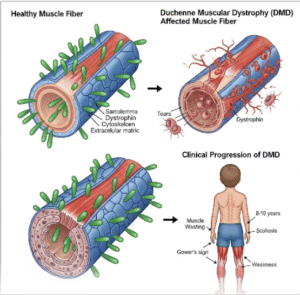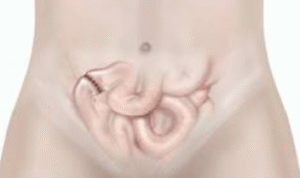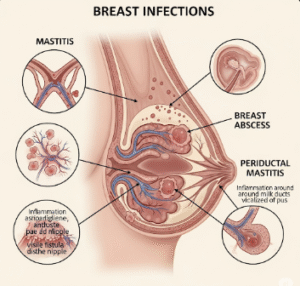Overview
A lung abscess is a localized collection of pus within the lung tissue caused by infection. It results from tissue necrosis and can cause serious respiratory symptoms. Prompt diagnosis and treatment are essential to prevent complications.
What Is Lung Abscess?
Lung abscess is a cavity filled with pus in the lung parenchyma, typically caused by bacterial infection. It can develop due to aspiration, pneumonia, or spread from other infections. The abscess causes destruction of lung tissue and impaired respiratory function.
Symptoms
- High fever and chills
- Cough producing foul-smelling or purulent sputum
- Chest pain, often pleuritic
- Shortness of breath
- Fatigue and malaise
- Weight loss
- Night sweats
Causes
- Aspiration of oral or gastric contents leading to anaerobic bacterial infection
- Complication of bacterial pneumonia
- Obstruction of bronchi by tumors or foreign bodies
- Spread from nearby infections (e.g., empyema)
- Immunosuppression increasing susceptibility
Risk Factors
- Alcoholism and impaired consciousness increasing aspiration risk
- Poor dental hygiene
- Chronic lung diseases such as COPD
- Immunocompromised states (HIV, chemotherapy)
- Neurological disorders affecting swallowing
Complications
- Spread of infection causing empyema or sepsis
- Rupture of abscess into pleural space
- Bronchopleural fistula formation
- Chronic lung damage and fibrosis
- Respiratory failure
Prevention
- Good oral hygiene and dental care
- Avoiding risk factors for aspiration such as excessive alcohol use
- Prompt treatment of pneumonia and lung infections
- Careful monitoring of patients with swallowing difficulties
Treatment Options in Korea
Korea provides advanced care for lung abscess including:
- Antibiotic Therapy: Prolonged use of broad-spectrum antibiotics targeting anaerobic and aerobic bacteria.
- Percutaneous Drainage: Image-guided drainage of large or refractory abscesses.
- Surgical Intervention: Reserved for abscesses not responding to medical treatment or complicated cases.
- Supportive Care: Oxygen therapy, hydration, and nutritional support.
- Advanced Diagnostics: Chest X-ray, CT scan, and sputum cultures for accurate diagnosis.
Korean healthcare centers ensure timely diagnosis and effective multidisciplinary management, improving recovery rates and minimizing complications.

